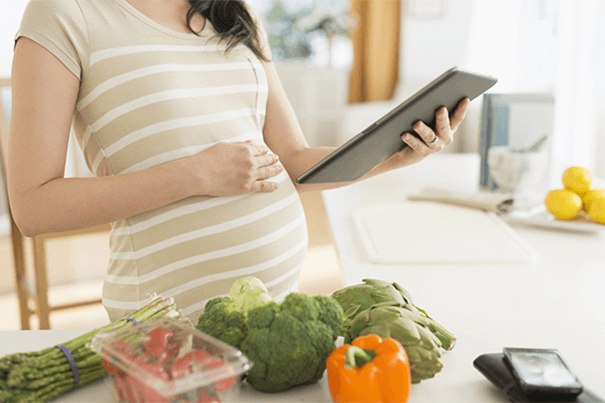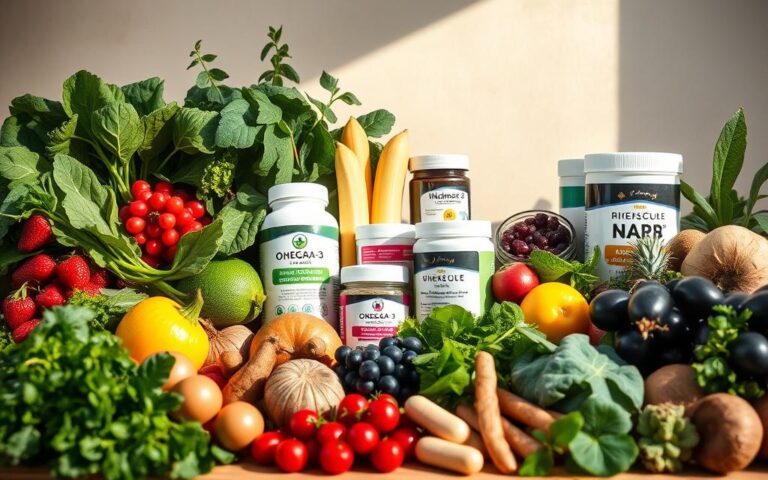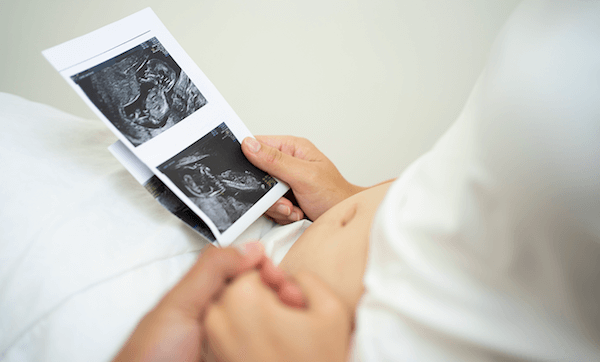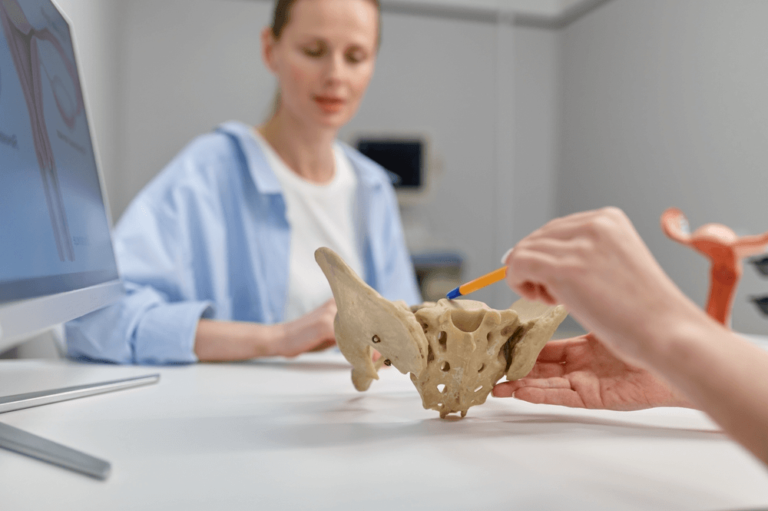10 Surprising Foods to Avoid During Pregnancy

Pregnancy is a time when everything you eat affects not just your health, but your growing baby as well. While it’s easy to focus on what you should eat—like folic acid-rich vegetables and iron-packed meats—there are several foods you might not realize are risky during pregnancy. Some of these can pose potential dangers, so it’s important to stay informed.
Here’s a list of 10 surprising foods to avoid while you’re pregnant to ensure the healthiest pregnancy possible.
1. Deli Meats
While a turkey sandwich may sound like the perfect lunch, deli meats such as ham, turkey, salami, and bologna can carry harmful bacteria like Listeria. This bacteria can cross the placenta and potentially cause infections in the baby. If you crave a sandwich, make sure to heat the deli meats until steaming hot to kill any potential bacteria.
2. Soft Cheeses
Cheeses like Brie, Feta, and Blue Cheese may seem harmless, but if they’re made from unpasteurized milk, they can contain Listeria, which is dangerous for pregnant women. Always check the label to ensure the cheese you’re consuming is pasteurized.
3. Raw or Undercooked Eggs
Eating eggs that aren’t fully cooked can put you at risk of Salmonella infection. This can lead to food poisoning, with symptoms like vomiting, diarrhea, and fever, which aren’t ideal during pregnancy. Make sure to cook eggs thoroughly, with both the yolk and white fully solidified.
4. Unpasteurized Juices
Freshly squeezed juices from fruits and vegetables may seem healthy, but unpasteurized juices can harbor harmful bacteria like E. coli. Stick to pasteurized juices that have gone through processes to eliminate such bacteria.
5. Sushi
If you’re a sushi lover, it’s time to take a break. Raw fish in sushi can contain parasites and bacteria that may cause foodborne illnesses. Stick to sushi made with cooked fish or vegetarian options during your pregnancy.
For more tips on how your appetite may change during pregnancy and why certain cravings or aversions develop, check out this resource on food aversions and appetite changes during pregnancy.
6. Raw Sprouts
While raw sprouts, like alfalfa, clover, and mung bean sprouts, are a healthy addition to many meals, they can harbor harmful bacteria like E. coli and Salmonella that thrive in the warm, humid conditions in which sprouts are grown. Avoid raw sprouts and cook them before consuming.
7. Certain Types of Fish
While fish is an excellent source of omega-3 fatty acids, certain varieties should be avoided during pregnancy due to their high mercury content. Fish such as swordfish, shark, king mackerel, and tilefish contain high levels of mercury, which can harm the baby’s developing nervous system. Instead, opt for low-mercury fish like salmon, shrimp, and catfish.
8. Liver
While liver is packed with vitamins, it’s also extremely high in vitamin A. Consuming too much vitamin A during pregnancy can lead to birth defects and other complications. It’s best to limit your intake of liver or avoid it altogether.
9. Pre-packaged Salads
Pre-packaged salads, especially those containing deli meats or seafood, can sometimes be a breeding ground for bacteria like Listeria. If you’re craving a fresh salad, it’s always safer to make your own using freshly washed ingredients to avoid any risk of contamination.
10. Caffeinated Drinks
While moderate caffeine consumption is generally considered safe during pregnancy, drinking too much coffee, tea, or other caffeinated beverages can be risky. Excessive caffeine can lead to low birth weight and may even increase the risk of miscarriage. Limit your intake to 200 mg of caffeine per day, which is about one 12-ounce cup of coffee.
Conclusion
Pregnancy comes with a whole new set of dietary rules, and it’s important to be mindful of the foods that could pose risks to both you and your baby. By avoiding certain foods like raw fish, deli meats, and unpasteurized products, you’re taking steps toward a healthier, safer pregnancy. Always consult with your healthcare provider for specific guidance based on your unique needs.
If you’re in your first trimester and feeling overwhelmed with the dos and don’ts of pregnancy, check out these first trimester survival tips to help guide you through the early stages.
FAQs
1. Can I eat canned tuna during pregnancy?
Yes, but in moderation. Canned light tuna is lower in mercury than other types of tuna, but it’s still important to limit your intake to 12 ounces per week.
2. Is it safe to eat peanut butter during pregnancy?
Yes, peanut butter is a good source of protein and healthy fats. However, if you have a history of peanut allergies, it’s best to consult with your doctor before consuming it.
3. Can I eat ice cream during pregnancy?
Commercially made ice cream is safe, but be cautious with homemade varieties that may contain raw eggs.
4. Should I avoid spicy foods during pregnancy?
While spicy foods are generally safe, they can lead to heartburn or indigestion, especially as your pregnancy progresses. Listen to your body and adjust accordingly.
5. Can I eat leftovers during pregnancy?
Yes, as long as they are reheated to steaming hot. Properly storing and reheating leftovers can reduce the risk of bacterial contamination.






